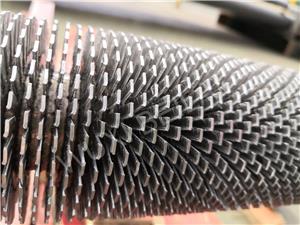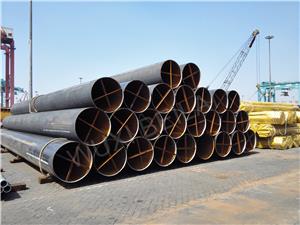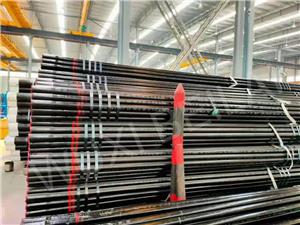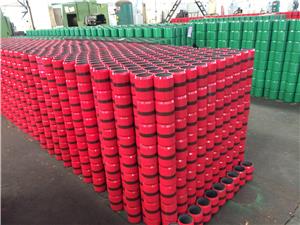Ensuring Quality and Safety: Understanding OCTG API Standards
Specialized steel pipes known as Oil Country Tubular Goods (OCTG) are employed in the oil and gas sector for exploration, drilling, production, and transportation. These pipes are generally employed at drilling wellheads for the transportation of oil and gas as well as other associated tasks. The American Petroleum Institute (API) has established a number of standards collectively known as OCTG API to guarantee the caliber, effectiveness, and safety of these pipes.
1. Why are OCTG API Standards Needed?
One of the most important foundations of the world economy is the oil and gas sector, and many of its exploration and production activities take place in extreme environments including the deep sea, the desert, and frigid environments . The pipes used in such situations must be long-lastingly stable while withstanding high pressure, high temperature, corrosion, and other harsh conditions. The API has created a set of standards to direct the production, testing, and quality assurance operations of tubular goods in order to guarantee that these materials satisfy the demanding needs of the industry.
2. Key Specifications of OCTG API Standards
The OCTG API standards cover various specifications, with the most important ones being:
API 5CT: This is the primary specification for seamless and welded casing and tubing. It specifies the dimensions, material properties, performance requirements, inspection methods, and markings, ensuring that the casing has the necessary strength, corrosion resistance, and abrasion resistance for the challenging underground working environment. Casing is used in drilling to stabilize the wellbore and plays a crucial role in well safety and production.
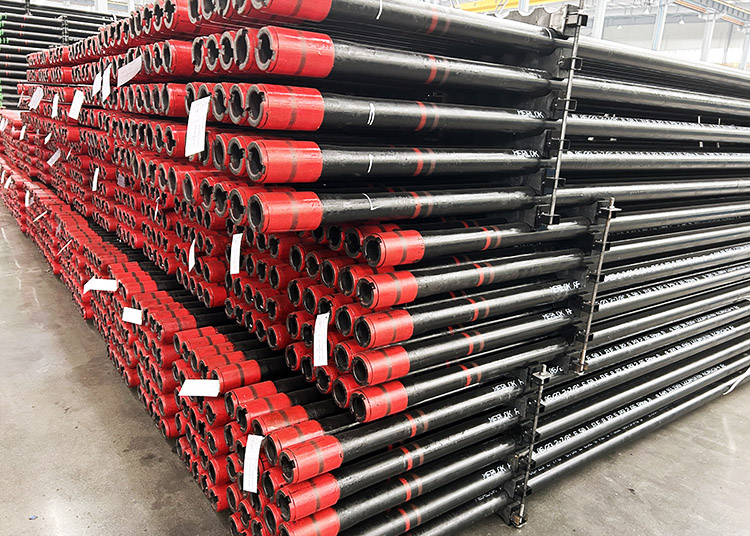 | 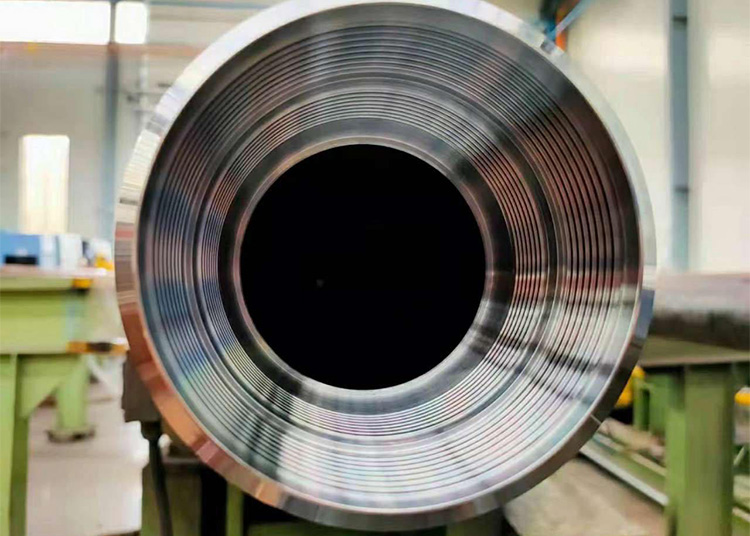 |
| Learn More → | Learn More → |
| Beilai API 5CT Thermal Recovery Pipe Series | Beilai API 5CT Tubing And Casing |
API 5L: API 5L primarily covers seamless and welded steel pipes used for conveying oil, gas, and other fluids. These pipelines connect oil and gas fields to processing facilities, transportation pipelines, export terminals, and more. The specification includes multiple grades, from Grade A to Grade X100, each with different material properties and mechanical performance to meet various operational conditions, ensuring the safety and efficiency of the conveyance process.
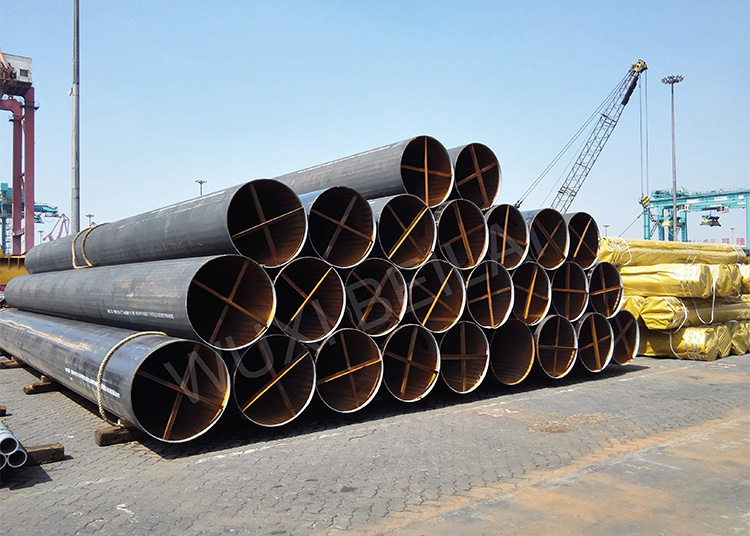 |
| Learn More → |
| Beilai API 5L Line Pipe |
API 5DP: This specification is primarily applicable to drill pipes, specialized pipes used in oil and gas exploration. The standard outlines the dimensions, materials, mechanical properties, and testing requirements to ensure that drill pipes can withstand high pressure, high temperatures, and impact loads during drilling operations.
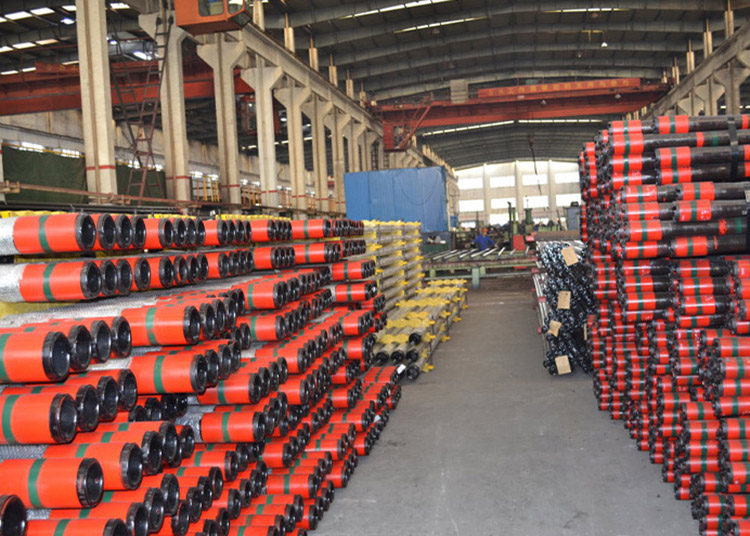 |
| Learn More → |
| API 5DP Geological Drill Pipe |
3. Advantages of Standardization
OCTG API standards have gained widespread recognition and application worldwide. By adhering to these standards, oil and gas companies can ensure that their procured pipes comply with international industry norms, enabling the efficient operation of the oil and gas industry in challenging environments. Standardization fosters collaboration, promotes technological innovation, and continually improves quality, safeguarding the sustainable development and utilization of oil and gas resources and contributing to the future of global energy.

